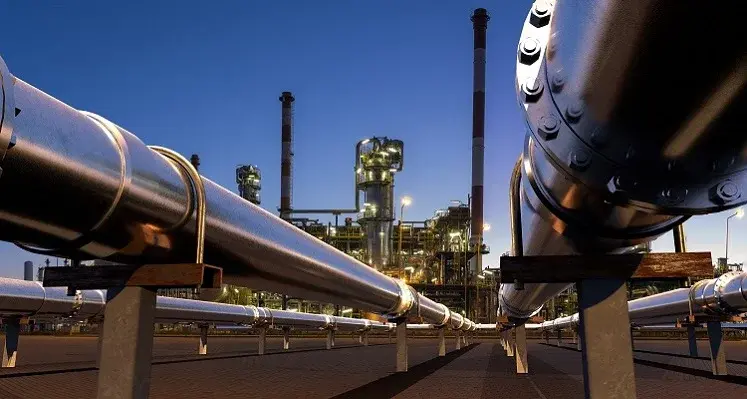Corrosion is the bugbear of the oil and gas industry. Left unchecked, it can cause catastrophic damage to assets, resulting in downtime and financial losses, as well as posing a threat to the safety of personnel and the environment
According to a study by NACE, corrosion costs the industry around US$1.372bn every year. The prevalence of sour gas in the Middle East, the increasing use of corrosive chemicals to enhance production and the push into high pressure, high temperature environments means that the corrosion threat is only intensifying in the region.
Solutions and measures to protect against corrosion range from protective coatings and corrosion inhibitors to the selection of corrosion-resistant materials, such as special grades of stainless steel or reinforced thermoplastic pipes (RTP), and effective monitoring and maintenance programmes.
Predictive corrosion monitoring solutions facilitated by advances in AI and digital technologies can help operators proactively manage their corrosion challenges and protect their assets, allowing them to monitor and predict risk remotely and make data-driven decisions, saving time and money, while enhancing safety and ensuring the longevity of critical infrastructure.
Employing the latest corrosion protection technologies
Operators in the Middle East are utilising the latest technologies to prevent corrosion. Aramco for example is using CorrosionRadar's corrosion under insulation (CUI) monitoring solution at its Ju'aymah NFL fractionation plant to monitor its assets and provide insights into the early and predictive detection of CUI, enabling plant engineers to address CUI issues more rapidly, improve safety and reliability, optimise inspection planning, and reduce the overall costs associated with future maintenance and shutdowns. CUI, which is a particularly insidious form of corrosion as it is difficult to detect at an early stage, occurs due to moisture build up on the external surface of insulated equipment and structures, and is prevalent in the onshore and offshore oil and gas industries.
Aramco along with other operators, is also investing in non-metallics such as thermoplastic composite pipes (TCP). TCP is gaining currency in the oil and gas industry due to its corrosion resistance, spoolability and lightweight nature. In January, Strohm, a leading provider of TCP, was awarded a contract to supply 33 km of its TCP flowline for Saudi Aramco’s Fadhili gas plant in Saudi Arabia. The contract was awarded following material selection studies conducted by Saudi Aramco and its engineering partner KBR, which showed that TCP was the most suitable solution for the flowline, due to its demonstrated fluid compatibility, high qualification standards, lack of corrosion, and low carbon footprint.
Given that preventing and mitigating corrosion is a key concern for operators, new innovations and solutions are always welcomed.
See the latest issue of Oil Review Middle East for more on the latest corrosion protection innovations.








